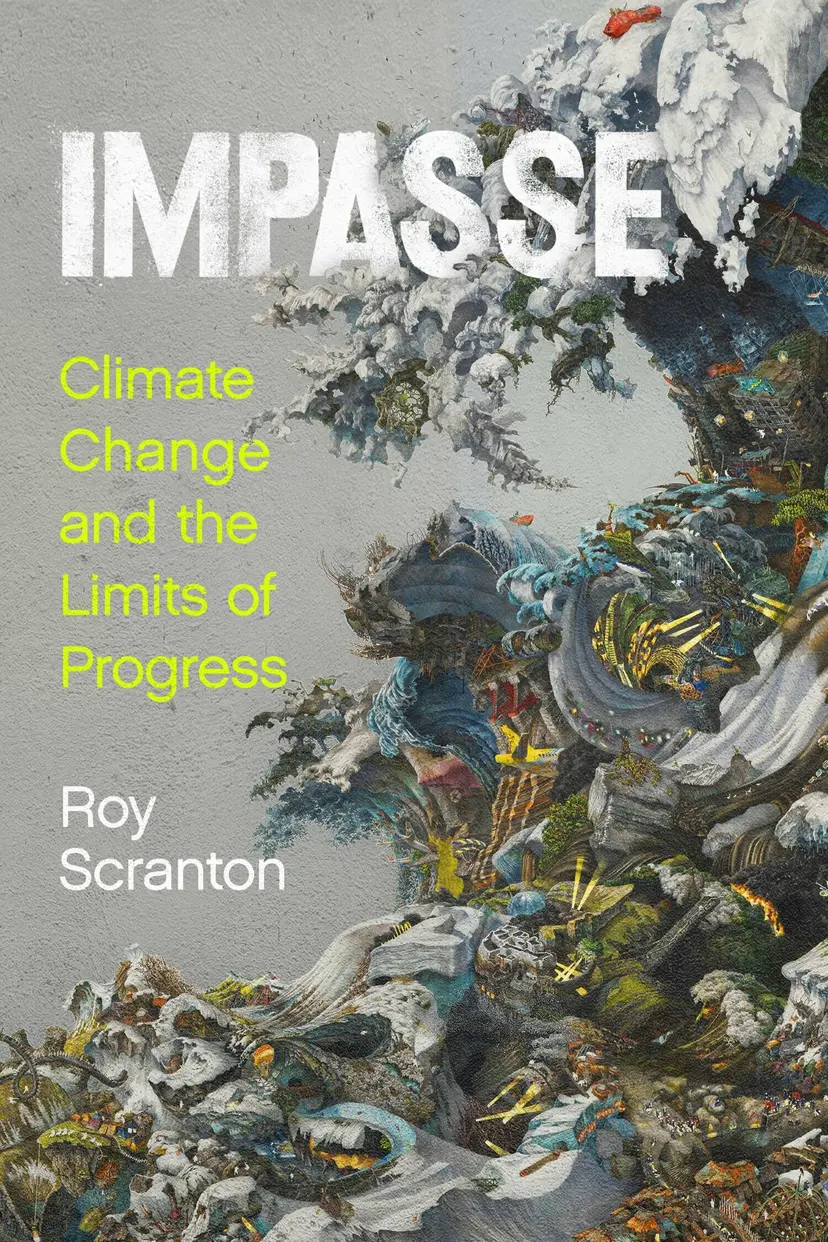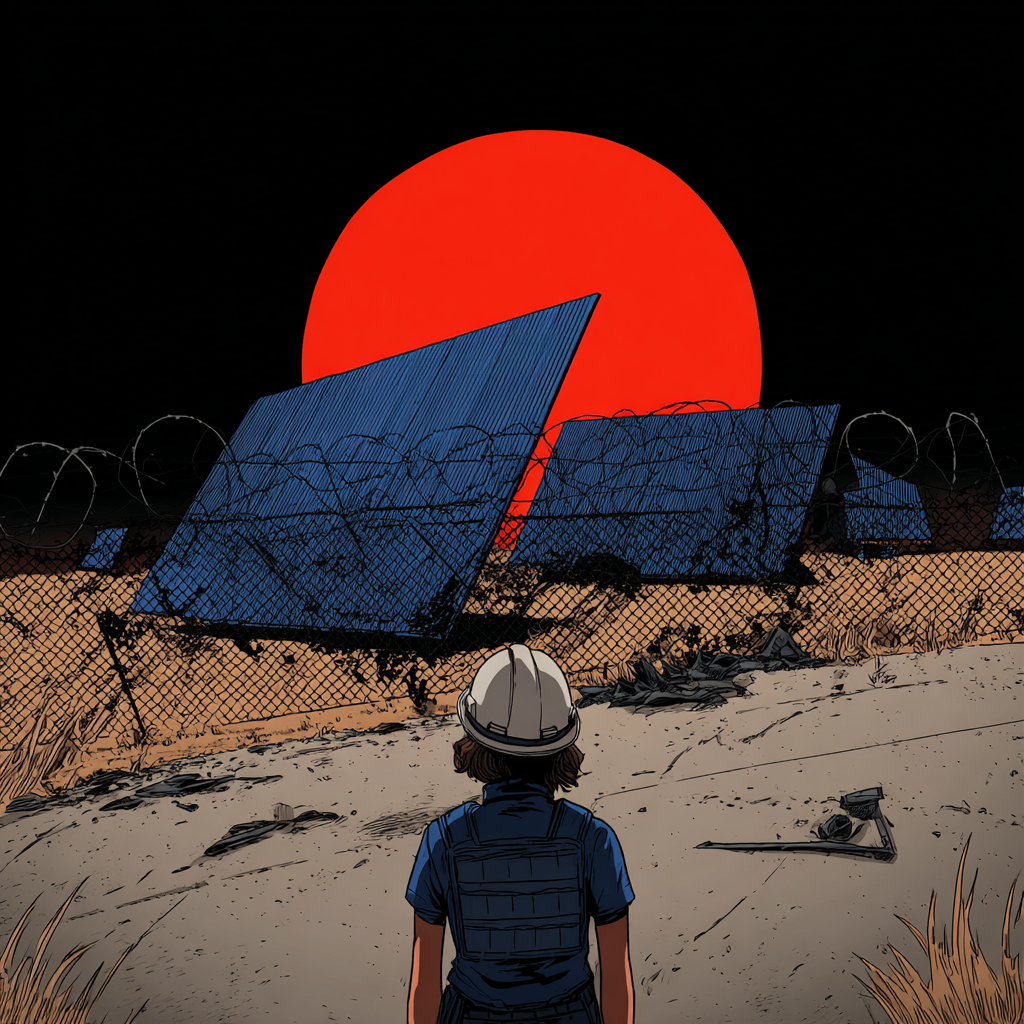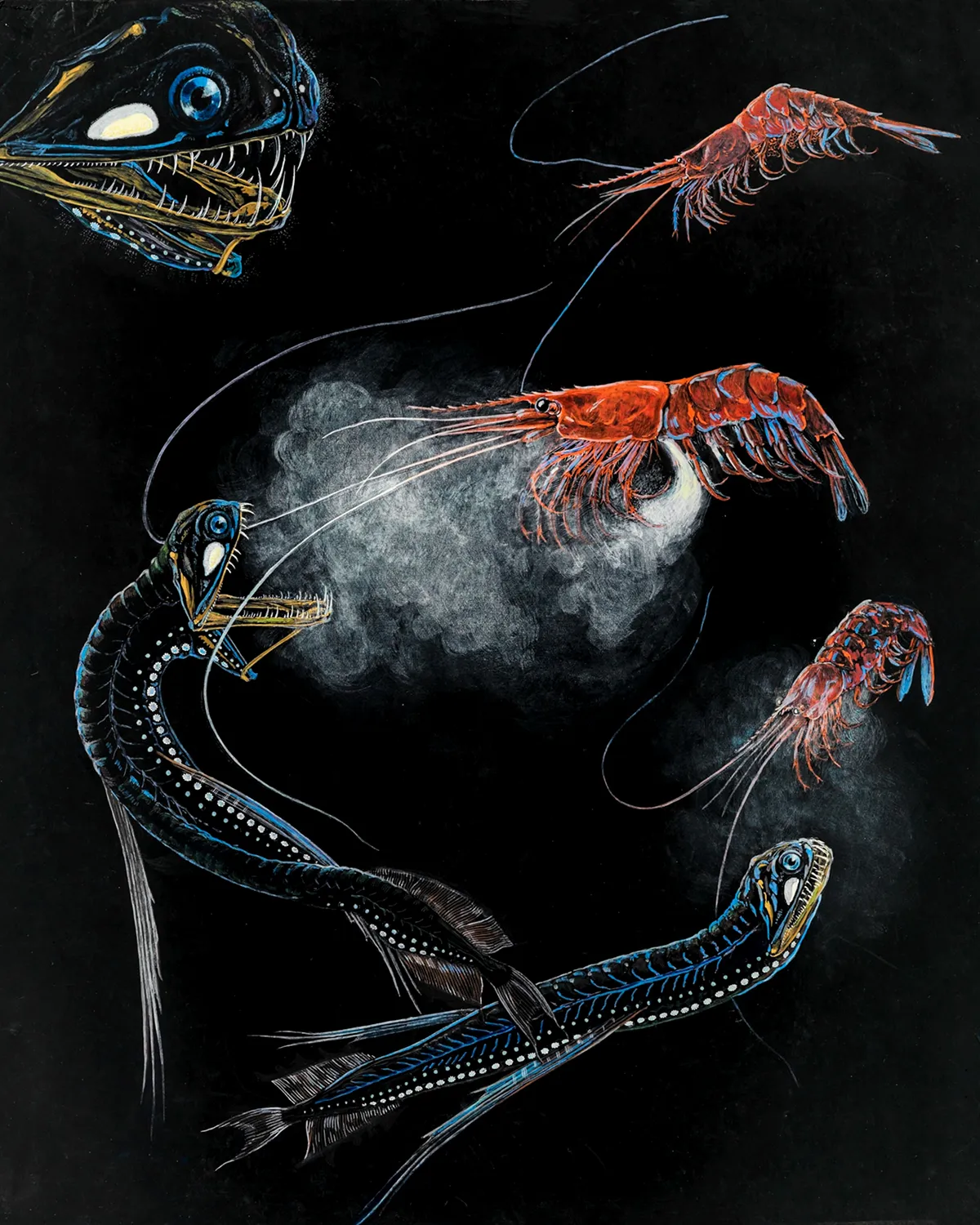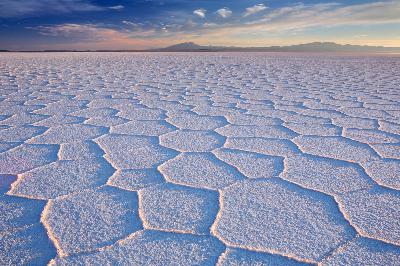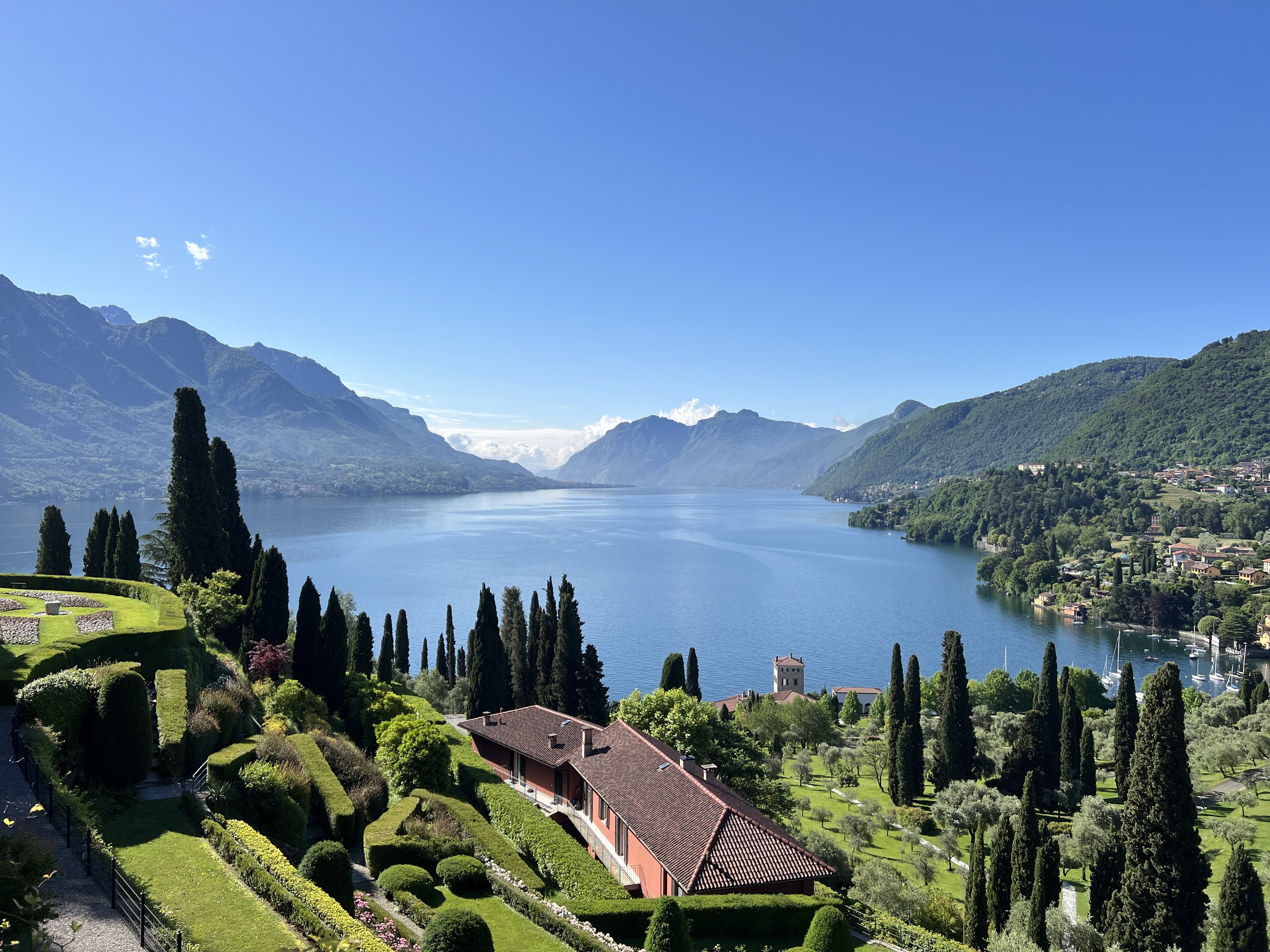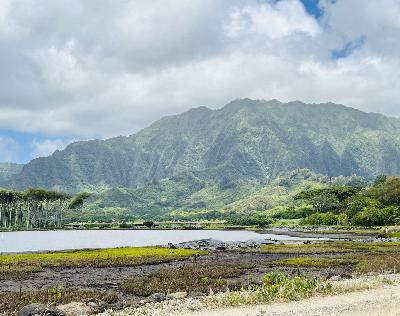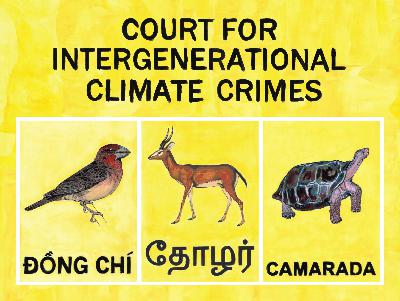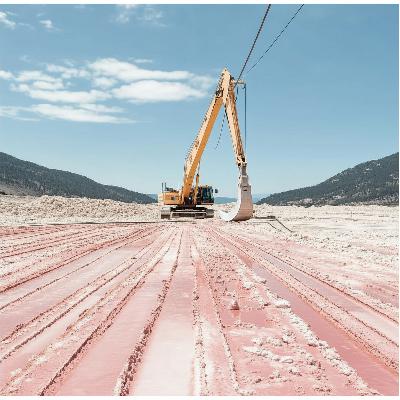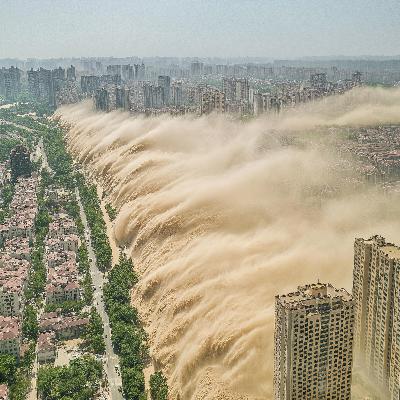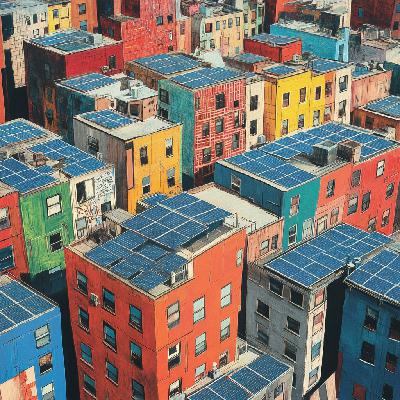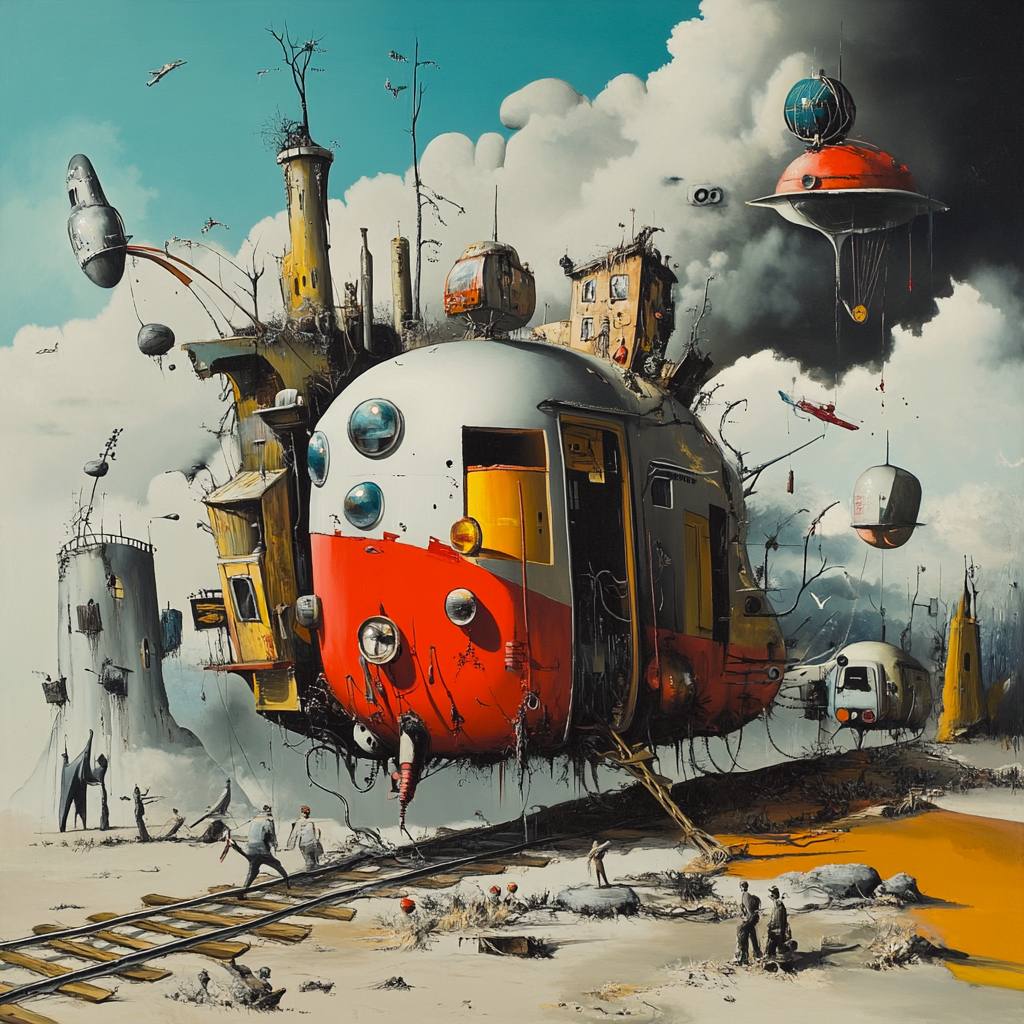Discover Cultures of Energy
Cultures of Energy

Cultures of Energy
Author: Dominic Boyer
Subscribed: 351Played: 5,705Subscribe
Share
Description
Cultures of Energy brings writers, artists and scholars together to talk, think and feel their way into the Anthropocene. We cover serious issues like climate change, species extinction and energy transition. But we also try to confront seemingly huge and insurmountable problems with insight, creativity and laughter.
We believe in the possibility of personal and cultural change. And we believe that the arts and humanities can help guide us toward a more sustainable future.
Cultures of Energy is a Mingomena Media production. Co-hosts are @DominicBoyer and @CymeneHowe
We believe in the possibility of personal and cultural change. And we believe that the arts and humanities can help guide us toward a more sustainable future.
Cultures of Energy is a Mingomena Media production. Co-hosts are @DominicBoyer and @CymeneHowe
238 Episodes
Reverse
Cymene and Dominic talk about screamo music and the band Phish and how you can’t fake the feels on this week’s intro to the podcast. Then (13:07) expert in all things Mancunian, the great and wondrous Hannah Knox joins the conversation to discuss her recent book Thinking Like a Climate: Governing a City in Times of Environmental Change (Duke UP). Hannah explains to us how climate change has challenged both the concepts and methods of urban governance and how governmental and non-governmental experts in Manchester have sought to come to terms with the scope of the problem. We talk carbon footprints, emissions tracking, vernacular engineers and much more, concluding with a discussion of how climate change challenges conventional anthropological concepts and methods too. Please listen and share! Hang in there, everyone, peace and love.
Cymene returns to the pod at long last (yay!) and we discuss recent events and how climate science probably caused wildfires and bears to happen. Then (13:17) Robert Savino Oventile joins the podcast to share his new collection of poems, The Canyon, the proceeds from which support the rebuilding of the Eaton Canyon Nature Center destroyed by the Eaton Fire and which for maximum positive synergy can be purchased from the wonderful Pasadena independent bookstore, Vroman’s (link here). In the conversation, Robert talks about his long relationship to Eaton Canyon and his experience during this January’s devastating Eaton Fire which destroyed thousands of structures in the Altadena area of Los Angeles. We talk about ecological relationality, symbiosis, and the influence of object-oriented ontology upon the project. We close with the importance of walking slowly and what folks can do to be better stewards of places like Eaton. If you want to learn more about the wonders of Eaton Canyon please look at the Tongva Taraxat Paxaavxa Conservancy and My Eaton Canyon, a website by and for Eaton Canyon enthusiasts put together by Edgar McGregor and Phil Hopkins.
Dominic reports from a delayed birthday trip to Los Angeles and we learn about how Mike Brady (of Brady Brunch fame) nearly perished in a helicopter crash. Then (5:55) Roy Scranton returns to the podcast after nearly eight years away. We’re talking about his provocative and important new book, Impasse: Climate Change and the Limits of Progress (Stanford UP, 2025). We begin with the philosophical origins of the concepts of optimism and pessimism in debates over Leibniz and Voltaire and from there explore what Roy means by “ethical pessimism.” Roy explains how pessimism might do more for us than the too-often empty rhetoric of hope and optimism because optimism verges toward narcissism and often defers relieving the suffering of the world into an imaginary future. From there we talk about signs of civilizational collapse (or “simplification”), the psychology of optimism, the virtues of depressive realism, pacifism and pessimism, religion and the apophatic tradition, and what comes after collapse. Listening to Roy may make you feel weirdly better about feeling hopeless these days. Finally (55:32) Cymene, Dominic and a nervous Brijzha take their first-ever trip in an automated Waymo vehicle and share a new song about Shadow (which can be found on Spotify here). Please listen and share! Hang in there, everyone, peace and love.
Dominic gives a quick update from the frontlines of home repair. Then (3:30) we welcome Rachel Frazin an energy and environmental reporter from The Hill to the podcast to talk about her new book, together with Sharon Udasin, Poisoning the Well: How Forever Chemicals Contaminated America (Island Press, 2025). We start with the basics: what forever chemicals and PFAS are, where they came from and when it first became clear that they could have devastating health impacts. We move from there to why, even though 97% of Americans have PFAS in their blood, Rachel sees this as a global problem and discuss some of the powerful and tragic personal stories covered in the book. We then talk about the failures of the regulatory state that allowed the PFAS epidemic to get so out of hand and various efforts to bring the originators of PFAS to justice. Finally, Rachel offers some very helpful thoughts about what people can do to keep PFAS out of their lives and bodies. You can find Rachel on Bluesky, Instagram and X and if you have a forever chemicals story of your own you can reach her at The Hill at rfrazin@thehill.com
Dominic reports briefly on how your co-hosts returned home to their own personal Hurricane Harvey. Then (4:20) Imre Szeman returns to the podcast to talk about his new book Futures of the Sun: The Struggle Over Renewable Life (University of Minnesota Press, 2024), a marvelous analysis of the narratives that shape how we conceive of, and experience, energy futures. Imre explains how the book is as much about failed states as it is about renewable energy and highlights the struggle over who gets to define “common sense” as a central feature of politics today. Imre talks about the tech barons who have wriggled out of the cracks of state failure to promote technofeudalist politics. And then we turn to about the generational character of climate politics and the seemingly increasingly insane quality of populist politics. We close with what Imre is up to these days, including his work with the Canadian Green Party and his new position as Director of the Director of the Institute for Environment, Conservation, and Sustainability at the University of Toronto Scarborough. Hang in there, everyone, peace and love.
Cymene and Dominic report from Berlin, a land of feisty wasps (which are possibly bees) and haunted lakes. Then (16:38) we are so thrilled to welcome Queen of Ecodelia, Stacy Alaimo back to the podcast to discuss her brand new book The Abyss Stares Back: Encounters with Deep-Sea Life (U Minnesota Press, 2025). We talk about the history of the deep sea as a space of military, capitalist and scientific interest as well as a place of wonder and reflection. Stacy explains that the question of what it would take to provoke concern about life at the bottom of the sea inspired the project and why she became interested in creaturely aesthetics as a way of exploring the deep sea. We talk about the oceanic abyss as experimental space and foil for the extraterrestrial abyss and the critical potential of focusing on the richness of abyssal earthly life in contrast to the hypermasculinist mineral fantasies imposed on places like Mars. From there we talk about jellyfish and suffrage, the virtues of staying ignorant in the interpretive process, the limits of the sublime as analytic, and, of course, the importance of practicing ecodelia against the Anthropocene. What deep sea creature is Stacy eyeing for her next incarnation? You’ll have to listen to find out!
Cymene and Dominic report from the most sus tourist apartment in Barcelona. Then (15:48) we are delighted to welcome Mark Goodale to the pod talk about his forthcoming book about the Bolivian lithium boom, Extracting the Future: Lithium in an era of Transition (U California Press, 2025). We start with the long history of extractivism in Bolivia, and why he found the concept of assemblage helpful to think with in characterizing the Bolivian lithium project today. We turn from there to Mark’s concept of “flexible extractivism” and how extractivist practices are being reabsorbed into a model of productive sovereignty that in turn is deeply invested in Bolivia’s history of gas exploration. We hear about the role that Silicon Valley types are playing in this process and talk about why the elemental form of lithium matters. We close with the ways in which the green energy transition extends the logic of the petrostate and how we can strive for more livable meso-worlds. Hang in there, everyone, peace and love.
Dominic and Cymene complete their stint in paradise on this week’s podcast. We review some highlights from the final lap including multispecies erotica (snail edition) and Cymene’s first karaoke performance. Then (19:04) we are thrilled to welcome Rafico Ruiz (https://raficoruiz.info) to the conversation, the author of Slow Disturbance (Duke UP, 2021) who is finalizing a new book project Phase State Earth, which uses the different phase states of water to track the impact of shifting climatological conditions upon the earth. Rafi explains how a chance encounter with a bottle of water got him interested in ice and tells us the unbelievable story of a 1970s plan to tow icebergs to Saudi Arabia and what it says about resource imaginaries and water crises then and now. We move from there to talking about carbon subjects, climate change and global warming as a new settler in the Arctic. We hear about a new project, Arctic Infrastructures: A Damaged Field Guide and its experimental take on communicative infrastructure. Then we close talk about drifting, temperate privilege and the importance of recognizing Indigenous sovereignty claims in the North.
Cymene and Dominic check in briefly from Italy on this week's podcast, begging your pardon for the lack of a guest and the double-helping of co-host chat time. But there is an Italian train-to-convent adventure to share as well as an update from this week Undercurrents conference in Venice and thoughts on season 2 of The Rehearsal. Back in two weeks with more excellent guests!
Cymene and Dominic arrive in Italy just in time for the naming of another Chicagoan as pope and discover the wonders of street to table cuisine. Then (15:41) we welcome the amazing Candace Fujikane to the podcast to talk about her book Mapping Abundance for a Planetary Future: Kanaka Maoli and Critical Settler Cartographies in Hawai’i (Duke University Press, 2021). We start with the Hawaiian conception of abundance and why capitalism fears it. From there we move to mapping as narrative, how old maps can aid struggles for environmental justice and regeneration and the friction between laws of private property and the laws of akua (the elemental forms of the world). We discuss the powers of recognition that the earth holds, the way the settler military complex in Hawai’i threatens water and lives, and how programs of mutual care take better care of us than national security measures. We wrap up by talking about the Hawai’ian practice of kilo—keen observation of the world—and how its practitioners help us to understand phenomena like climate change and the elements.
Cymene tells us about her struggles to get a passing grade in art class in this week’s podcast. And then (15:20) we welcome a dear friend, Marina Peterson from UT-Austin, to the podcast. We start with her book Atmospheric Noise: The Indefinite Urbanism of Los Angeles (Duke UP) and its study of the making of atmospheres and noise pollution and how it helps us to attune to less earthbound dimensions of cities. We talk about her idea of using glitches to navigate the boundaries of science, art and ethnography. And we turn from there to new projects on cloud-seeding in LA, how the elements impact urban existence, folding and frequency. More on Yum Yum here. Hang in there, everyone, peace and love.
Cymene communes with Californian nature (slugs and all) on this edition of the podcast. Then (14:33) we welcome Radha D’Souza and Jonas Staal to the podcast to talk about their amazing project, the Court for Intergenerational Climate Crimes (CICC). The CICC aims to put the law itself on trial by creating new laws and juridical mechanisms capable of actually holding states and corporations to account for their role in the climate emergency. We discuss Radha’s pathbreaking book, What’s Wrong with Rights? and how it traces modern rights discourse back to colonial principles and institutions. Jonas explains how organizational art can advance the cause of emancipatory politics through experiments like the CICC. Finally, we explore how it helps the climate struggle to understand that we have never left the colonial period and its pioneering military industrial and corporate state forms of governance. Please check out their book detailing our alternative legal framework and judgements: https://framerframed.nl/en/dossier/boekwinkel-selectie-court-for-intergenerational-climate-crimes/ And here is the main link to the public hearings of the next iteration of the CICC happening right now in London, The British East India Company on Trial: https://www.serpentinegalleries.org/whats-on/court-for-intergenerational-climate-crimes-cicc/ Hang in there, everyone, peace and love.
Cymene and Dominic advise universities on how to handle blackmailers and wish a certain daughter a happy birthday on this sweet sixteen episode of the podcast. Then (13:40) Dominic chats with the brilliant Thea Riofrancos about her new book Extraction: The Frontiers of Green Capitalism (now available for pre-order from WW Norton here). We start with extraction as a difficult topic for the Left and then turn toward why people are talking so much about "critical minerals" of late. We discuss her travels to lithium frontiers like Chile and Nevada and Thea puts forth an important distinction between extraction and extractivism. Thea explains how resistance can be world-making, and how writing for broad audiences makes you a sharper theorist. We close with the backstory to one of her latest collaborative projects, the Climate and Community Institute, how it grew out of pandemic-era efforts to catalyze a green stimulus, and how it now acts, among other things, to shape green policy and build supply-chain solidarity.
Even though Cymene and Dominic clearly dislike billionaires they sure seemed enchanted by pirate gold in this episode of the podcast. Then (16:44) we talk to Jerry Zee about where he got the idea to pursue a political anthropology of strange weather in China. We discuss his recent book Continent in Dust: Experiments in a Chinese Weather System (U California Press, 2022) and how sand becomes a “theory machine” as Jerry documents efforts by scientists to keep Chinese cities unburied by encroaching deserts. We talk about the Chinese concept of “wind sand” and how an ethnography of China looks different when it is focused on sky rather than land. We turn from there to how state socialism has been reorganizing itself in China in recent decades and the potential of socialist ecological civilization to become the next phase of Chinese socialism. We close with what bad weather can teach us about different modes of political collectivity and Jerry’s latest project on understanding the New Cold War between China and the USA through atmospheres, river systems and landscapes. Hang in there, folks, peace and love 😊
Dominic and Cymene bask in their new mics in this week’s podcast and talk about a new Glacier Graveyard installation coming soon to the UNESCO HQ in Paris. Then (15:55) we welcome Jamie Jones to the podcast to talk about her new book, Rendered Obsolete (U North Carolina Press, 2023). We talk to Jamie about how whale oil defined the historical context into which petroleum was born and contributed to a unified idea of “energy” as a market commodity. We then discuss Jamie’s argument that Melville’s Moby Dick is a peak (whale) oil novel. We discuss the shared vulnerability of working class humans and whales in extractive industry, whaling and imperialism, whether there are traces of the past worth recovering, narratives of energy obsolescence and white supremacy, and the many afterlives of whaling in American culture. Hang in there, good people of the pod, peace and love ❤️
Cymene gives us part one of a two-part story about her imminent return to the world of being tattooed and defends USAID while Dominic rants for a while about Democrats’ spinelessness as BigTechMaga organizes to eliminate both marginalized communities and the educated classes. Then (19:50) we welcome Myles Lennon (Brown University) to the podcast to talk about his new book, Subjects of the Sun. We start with the politics of sunlight and the built environment in New York City. We discuss how the ubiquity of screenwork influences how climate professionals think about solar energy by removing that energy from the social and material contexts in which it is made and deployed. From there we talk about the visual media associated with solar energy, the relationship between electricity and capitalism, the affective infrastructures of energy and we close discussing his new work on the paradox of liberation on stolen lands through Black land stewardship. Hang in there, good people of the pod, peace and love ❤️
Cultures of Energy is back and biweekly for 2025! Half interviews with bright and shiny people, half unlicensed therapy (for us anyway), half everything related to energy and environment issues. Today it’s podcasting against fascism with the spiritual guidance of our dear friend Timothy Morton. Dominic and Cymene see if they can think of something positive to say and then discuss Taylor Sheridan’s Landman so you don’t have to watch it very carefully. Then (17:00) Tim joins us to talk about the quiet truth of snowfall and how the sociopathy of cars led to the Internet. Next, we turn to how to reimagine communism as planet-scale collectivity while dealing with the narcissists who want to devour the world. We close with a few words on David Lynch and what his ability to juxtapose, vividly, beauty and nightmare might teach us about how to make paradise despite the hell of fascism. Hang in there, folks, peace and love 😊 PS Soul Train to Communism playlist now ready! Check it out at: https://open.spotify.com/playlist/5VjbVDQw0dz1VH3t9gOF1K?si=fmDpMfT3TsyWwb-AzyuYfwπ=6lp9H1kWT6ie8
Dominic and Cymene are beaming to you this week from a European Cup-addled Berlin. They share a few reflections on their time in Cape Town and then ruminate on why it is it doesn’t seem possible to hate anyone from California. Is it the sunshine? As if to underscore this point about the essential good of Californians, we welcome to the podcast (15:55) two brilliant residents of the Golden State, Berggruen Institute based political philosophers Jonathan Blake and Nils Gilman to talk about their new book, Children of a Modest Star: Planetary Thinking for an Age of Crises (Stanford UP, 2024). We start with the concept of subsidiarity and why they view it as crucial to creating new kinds of political institutions capable of managing planetary challenges like climate change and health crises. They explain why it’s problematic that so much sovereignty is bound to the nation-state when the scale of planetary challenges exceeds nation-states. Similarly, we talk about how that disables multilateral institutions like the United Nations from engaging planetary challenges effectively too. From there we turn to the need for new supranational institutions to reign in corporate power, why they are not calling for a world government, the importance of planetary sapience and remote sensing and close with a discussion of why they emphasize the importance of multispecies flourishing in the project. Please listen, read and share!! ps Special shout out to Alex Gardels from Berggruen for engineering the recording of this week’s interview.
Cymene and Dominic recap last week’s Petrocultures Los Angeles conference and discuss the new climate lawsuit filed in France seeking to press criminal charges against the CEO and directors of the French oil major TotalEnergies. Then (15:27) we welcome the brilliant and megatalented Rania Ghosn to the podcast. We start with the work of Design Earth, Rania’s practice together with El Hadi Jazairy and how the collaboration began. Rania explains how Design Earth seeks to explore how design can help respond to the climate crisis and why they tend to work in a narrative or speculative mode. We discuss their strategies for cultivating what she calls “geostories” at the intersection of art, science and design. From there we move to talking about what energy means in the context of design, how the ruins of carbon modernity will haunt urbanism and landscapes for many years to come, speculative ecofeminist storytelling, and the art of making exquisite corpses. We close talking about what it means to inherit the world in all its crisis and how to learn to live in a time of collapse.
Dominic and Cymene react to the police violence sweeping across US university campuses. Then (15:11) we are thrilled to welcome CNN’s Chief Climate Correspondent, Bill Weir, to the podcast. We begin with the big news of the day—the landmark legal ruling by the European court of human rights that Switzerland had violated the human rights of more than 2,000 older Swiss women by failing to cut its national greenhouse gas emissions. Then, we dive into Bill’s great new book, Life as We Know It (Can Be): Stories of People, Climate, and Hope in a Changing World (Chronicle Books 2024). We talk about how to balance nightmares and dreams in climate storytelling, techniques for building effective story arcs, the five stages of climate grief, and disrupting the idea that consumption leads to happiness. Bill explains the ideas of protopia and YIMBYism to us and emphasizes the need to act locally and with humility as he shares with us some of the more encouraging stories he’s encountered in his travels as a reporter. We close by discussing what Bill thinks has changed in terms of news coverage of climate change during the course of his long and storied career. Please listen and share!!




